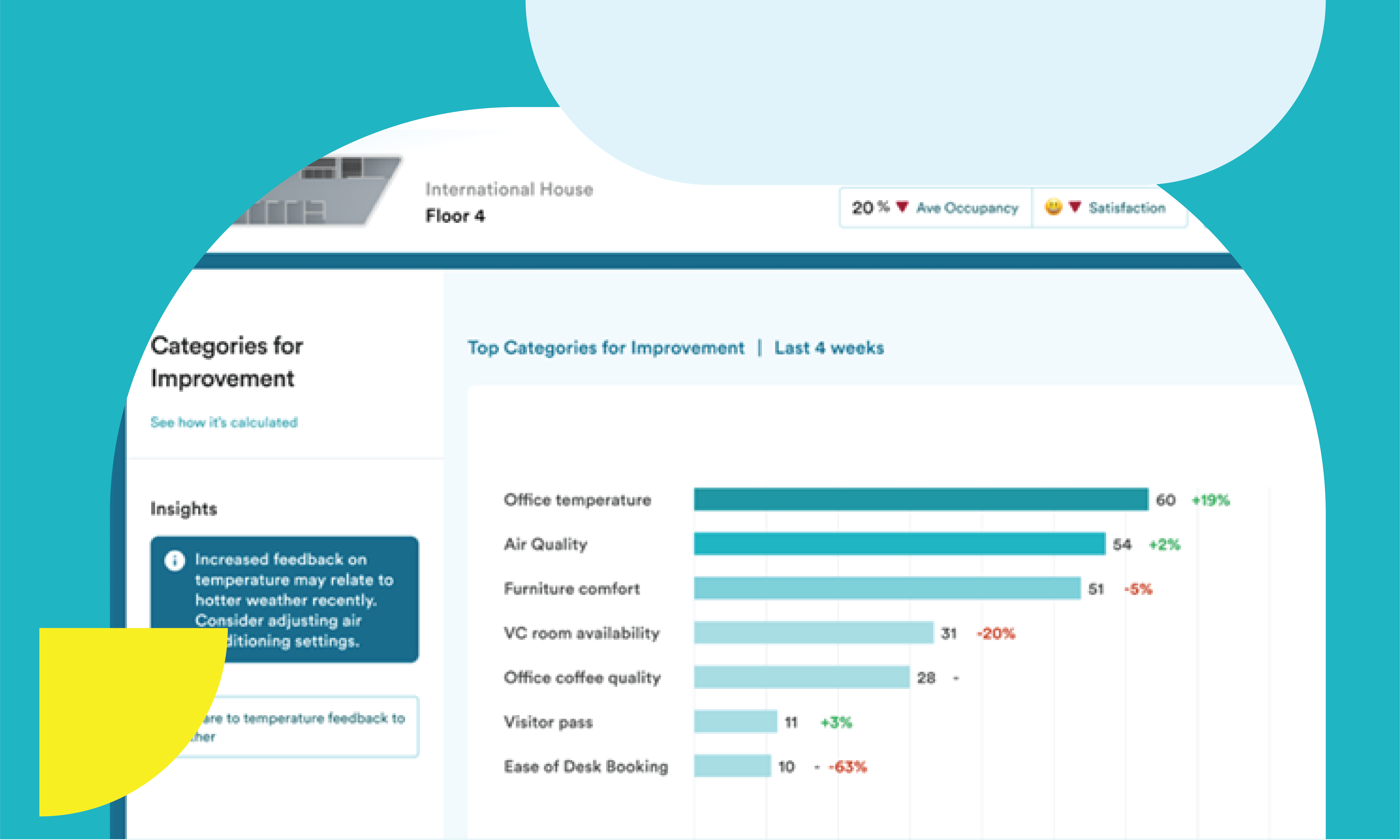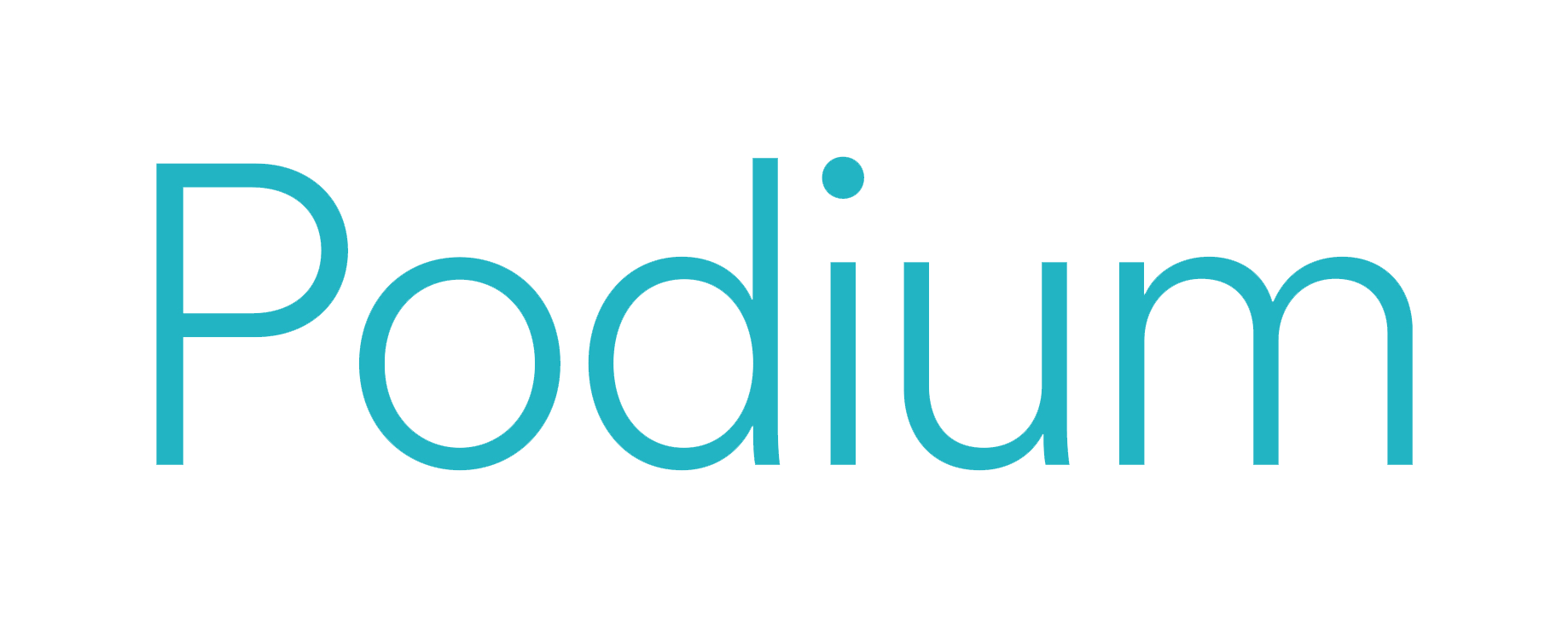
Podium Property Insights - Predictive Analytics
Predictive Analytics
Data doesn't just offer the ability to look backwards in search of insight, it also offers the ability to look ahead – using predictive analytics to anticipate the business' needs even when the world is in flux.
There's no such thing as a crystal ball but, with the right data and business tools, organisations can predict the future with a level of confidence. These insights can improve planning and strategic decision making to make the business more efficient, productive and responsive.
"Predictive analytics" is the use of data, statistical algorithms and machine learning techniques to examine historical data and identify the likelihood of future outcomes. It allows businesses to extract more value from their data, such as forecasting upcoming demand and optimising the allocation of resources accordingly.
The technology has applications in many sectors, wherever there are a wide range of variables at play. Hotels use predictive analytics to anticipate the number of guests for any given night and optimise pricing in order to maximise occupancy and increase revenue. Retailers use it to optimise stock levels. Hospitals use it to optimise nursing rosters, to ensure each shift has the right mix of staff and skills to meet likely demand as well as compliance requirements and operational goals.
Most businesses face these kinds of problem-solving challenges, but some simply look for the easiest solution to meet the immediate needs of the business – particularly if they lack the data, tools and insights to take a more considered approach.
Using predictive analytics allows businesses to look beyond a functional solution which only meets the needs of today. Instead, they can determine the optimal solution to address immediate needs while also assisting with larger business goals such as improving efficiency, ensuring compliance, increasing revenues and reducing costs.
Predictive analytics is able to draw on large volumes and varied types of structured and unstructured data, from a disparate range of sources. When it comes to predicting workplace attendance, this includes everything from the latest COVID infection trends to weather conditions and traffic reports.
As the world becomes less predictable, predictive analytics can leverage the power of artificial intelligence and machine learning to find insights buried deep within the data. The technology is not designed to replace people, but rather to assist them with number crunching in search of insight, so people can spend more time on higher-value tasks such as acting on that insight.
In many sectors, the AI-powered predictive analytics offered by Podium Property Insights can be used for property management, such as optimising the allocation and configuration of resources like office space to align with workplace attendance.
Predictive analytics are especially powerful in the ever-changing 'new normal', with the staggered return to the workplace as part of the 'hybrid office', which remains in flux as the impact of the pandemic waxes and wanes.
Podium Property Insights supports workplace attendance forecasting, drawing on a wide range of data sources. It can predict with a high level of accuracy over two weeks how many people will come into the office, on which days and at which times.
The platform combines utilisation and occupancy hard metrics with historical data and a range of other factors which can influence workplace attendance, including people-centric metrics such as employee satisfaction. There can be a strong correlation between employee satisfaction and their access to the right facilities in the workplace, both as an individual and as part of a team.
Using predictive analytics to better anticipate workplace attendance during the pandemic helps workplace managers better plan space usage, such as right-sizing the number of floors in the office and desks on each floor. It can also underpin decision making with repurposing some of that space to best meet the needs of different employees who are onsite across different days.
Along with the ability to predict workplace attendance with confidence, predictive analytics tools also let workplace managers consider "what if?" scenarios. This assists when planning workplace initiatives designed to optimise the use of space, improve productivity, enhance employee satisfaction and encourage workers to safely return to the office.
The Podium Property Insights road map includes workplace attendance scenario planning, to allow workplace managers to weigh their different options and assess the best choices for the future.
